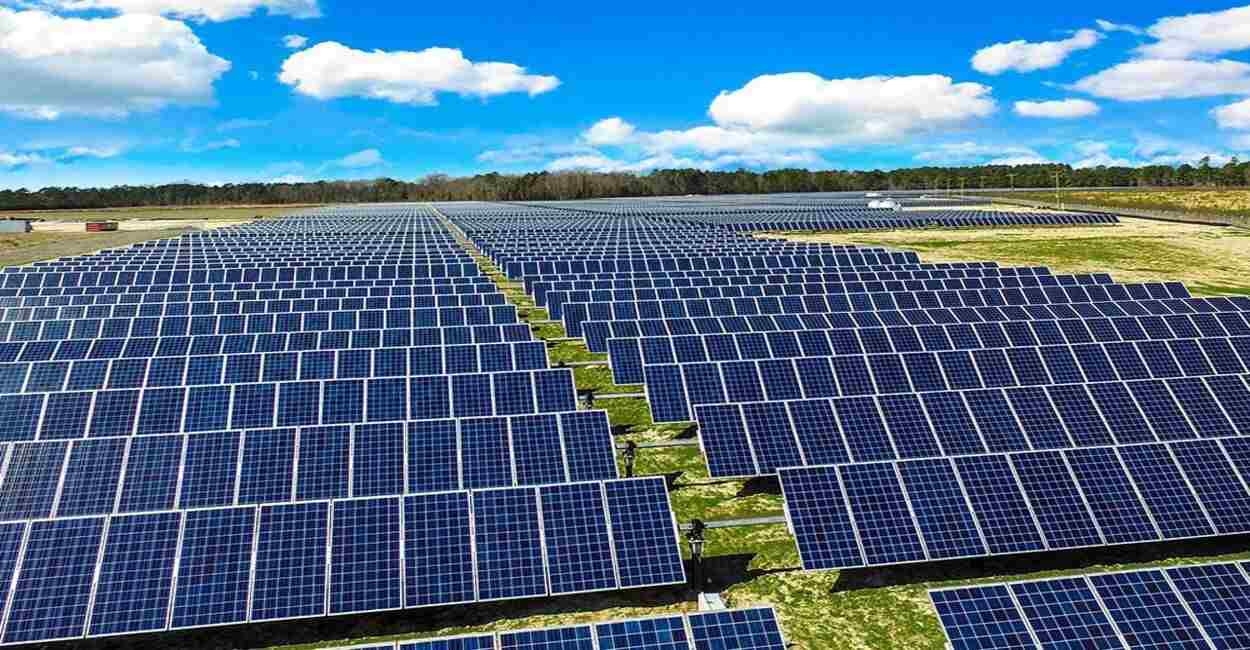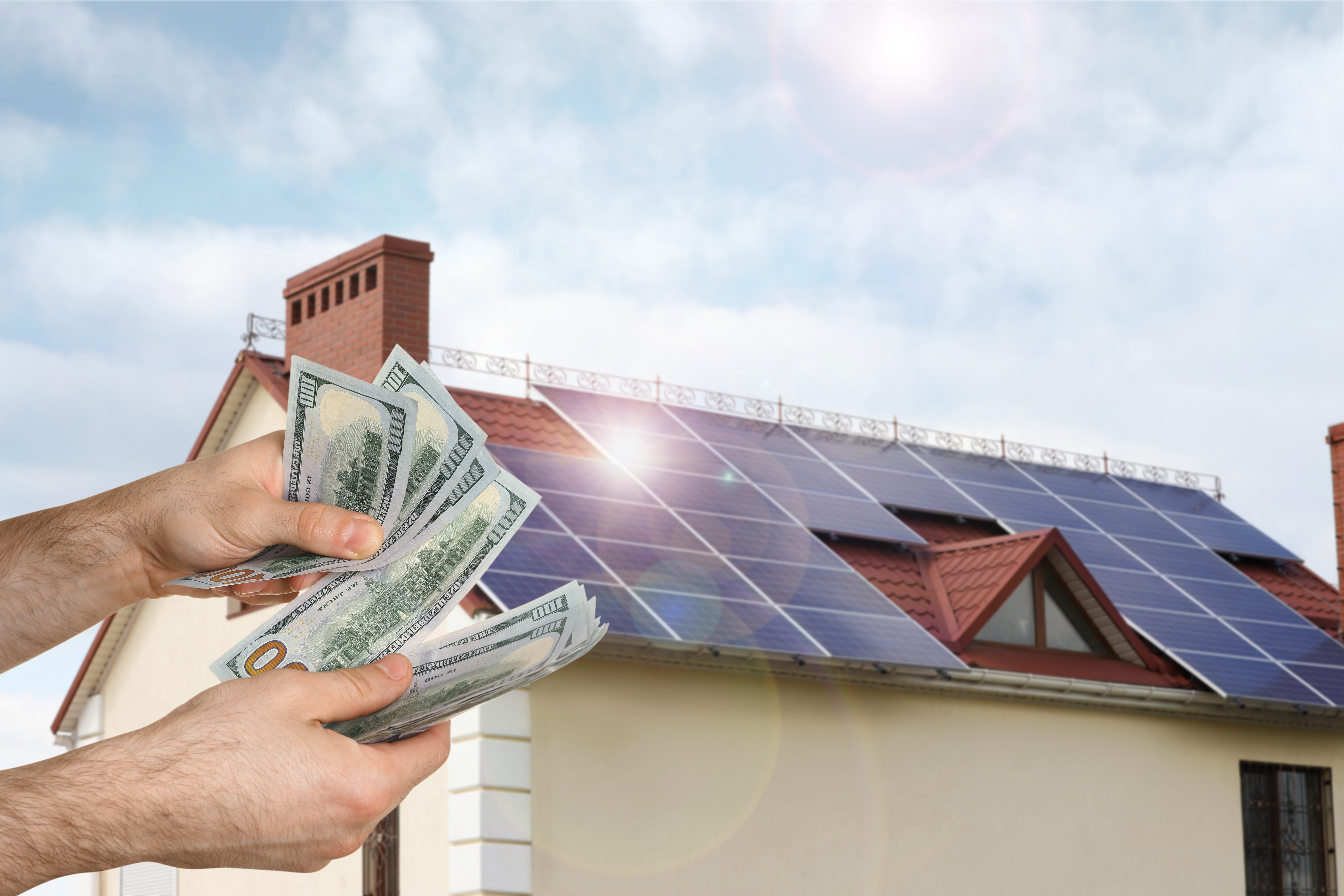Simply Solar Illinois: Sustainable Solar Solutions to Light Up Your Home
Simply Solar Illinois: Sustainable Solar Solutions to Light Up Your Home
Blog Article
Solar Power 101: A Newbie's Guide to Sustainable Power Solutions
As the globe progressively changes in the direction of sustainable power solutions, understanding the basics of solar power becomes vital for both individuals and businesses. By discovering the advantages of solar modern technology, together with the monetary incentives and installment processes, one can gain a more clear perspective on how to effectively incorporate this eco-friendly source right into their power technique.
Comprehending Solar Power
At its core, understanding solar power includes grasping the basic concepts of exactly how sunshine can be converted right into useful electrical energy. Solar power is originated from the sunlight's radiation, which can be harnessed via various innovations. The main system for this conversion is the solar effect. This sensation happens when sunshine strikes semiconductor materials, generally silicon-based, within solar cells. The power from the sunlight excites electrons in the semiconductor, allowing them to flow freely and generate straight existing (DC) electricity.

Recognizing solar energy also involves identifying its environmental advantages. By making use of sunlight, we can reduce greenhouse gas emissions and minimize air contamination, adding to an extra lasting future. The innovations in innovation and performance of planetary systems proceed to boost their practicality, making solar power an increasingly attractive choice for international power requirements.
Kinds Of Solar Energy Systems
Numerous types of solar energy systems are typically used to harness solar power for power generation. The primary groups include photovoltaic or pv (PV) systems, focusing solar energy (CSP) systems, and solar thermal systems.
Solar systems utilize photovoltaic panels composed of silicon cells that convert sunshine directly into electrical energy. These systems are functional and can be mounted on roofs, ground installs, or integrated into structure materials.
Concentrating Solar energy systems, on the other hand, use mirrors or lenses to concentrate sunshine onto a tiny area, producing heat that drives a vapor turbine to produce power - Simply Solar Illinois. CSP systems are normally released in massive power plants and require straight sunshine, making them less appropriate for cloudy areas

Each kind of solar energy system has its one-of-a-kind attributes, applications, and suitability relying on geographical place, power requirements, and budget plan, making it vital to examine options based on specific situations. - Simply Solar Illinois

Advantages of Solar Power
Using solar power through different systems not only provides a lasting way to create power however click for more info additionally uses a plethora of advantages. One of the most considerable benefits is the reduction in greenhouse gas discharges, adding to a cleaner environment and combating climate adjustment. Solar power is renewable, indicating it is endless and available as long as the sun radiates, unlike fossil gas, which are limited and diminishing.
In addition, solar power can lead to substantial cost financial savings with time. Home owners and services can decrease you can find out more their electricity bills considerably, and in a lot of cases, they might earn credit scores for excess energy produced through net metering. In addition, the solar market develops jobs, from producing to installation, promoting regional economies.
Another engaging advantage is power freedom. By generating their very own electrical power, individuals and neighborhoods can minimize reliance on outside power sources, boosting strength against changing power rates and supply disturbances. Solar energy systems require very little upkeep, making them a practical choice for sustainable power generation.
Installation Process Overview
The installment procedure for solar power systems generally includes numerous vital steps that make certain reliable integration into a home. Initially, a thorough website assessment is carried out to evaluate the roofing's positioning, shielding, and structural stability, which are vital to optimizing solar panel performance. Following this assessment, the design phase commences, where a customized solar power system is set up based upon the homeowner's power needs and choices.
Once the design is settled, the essential licenses and approvals are obtained from local authorities, guaranteeing compliance with regulations. The real installment entails installing the solar panels on the roofing system or ground, linking them to an inverter, and incorporating the system with the residential or commercial property's electric setup. This phase may also entail installing battery storage systems, depending on the style.
With the setup total, the solar power system can begin creating renewable power, adding to sustainability and reducing energy costs. This organized technique guarantees that solar systems are both efficient and dependable, optimizing their long-term advantages.
Financial Rewards and Savings
Exploring the this hyperlink financial incentives and cost savings associated with solar energy systems can significantly enhance the appeal of making the switch to eco-friendly power. One of the most noteworthy motivations is the government solar tax obligation credit scores, which permits homeowners to subtract a portion of their solar system installment expenses from their federal tax obligations.
Along with tax credit scores, many states provide rebates that can even more lower upfront expenditures. Some utility business likewise supply performance-based incentives, fulfilling solar energy production in time. Funding alternatives, such as solar loans and leases, permit consumers to mount systems with little to no deposit, making solar power much more accessible.

In addition, solar systems can boost building worths, supplying a solid return on financial investment. Generally, the combination of rewards and financial savings makes solar power an economically eye-catching selection for several houses.
Conclusion
In conclusion, solar power represents a crucial element of lasting power solutions, offering a path towards lowered carbon impacts and improved environmental management. The diverse kinds of solar power systems, coupled with substantial economic incentives, promote broader fostering among people and communities. Understanding the setup processes and advantages related to solar power encourages stakeholders to make enlightened choices. Ultimately, the shift to solar energy not just cultivates ecological duty but additionally promotes financial savings and power self-reliance.
Report this page